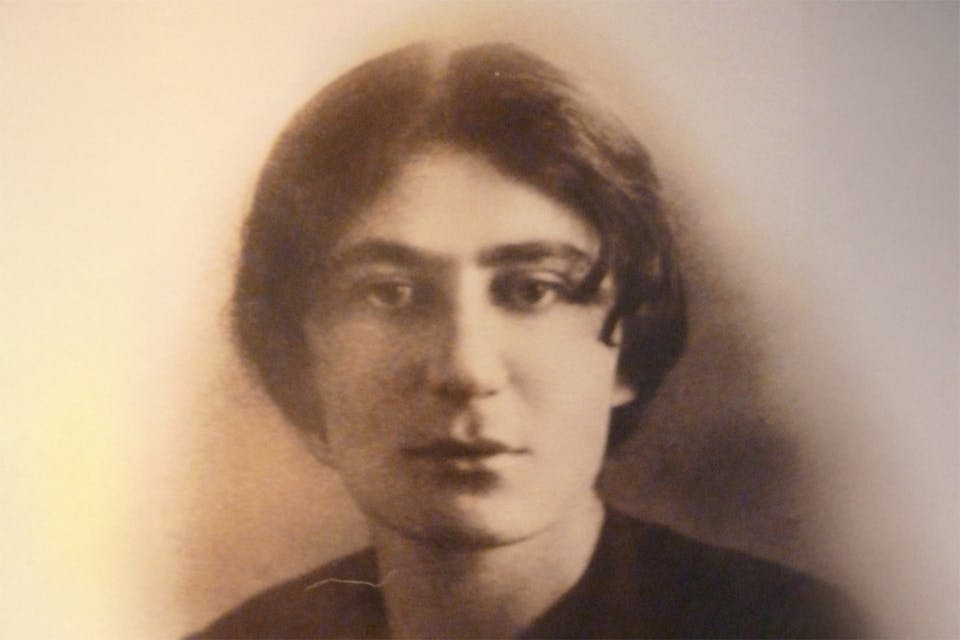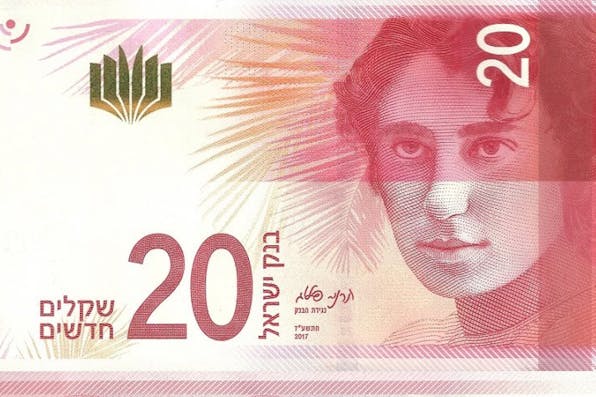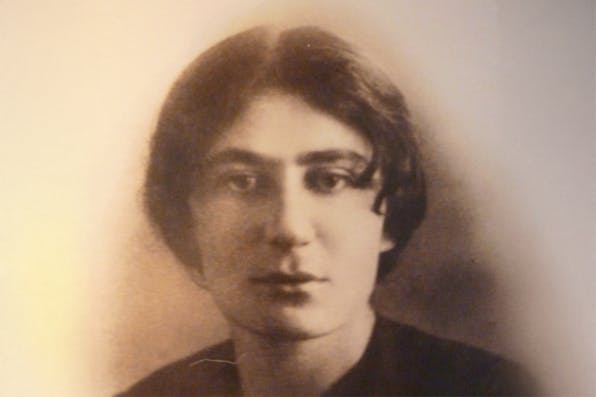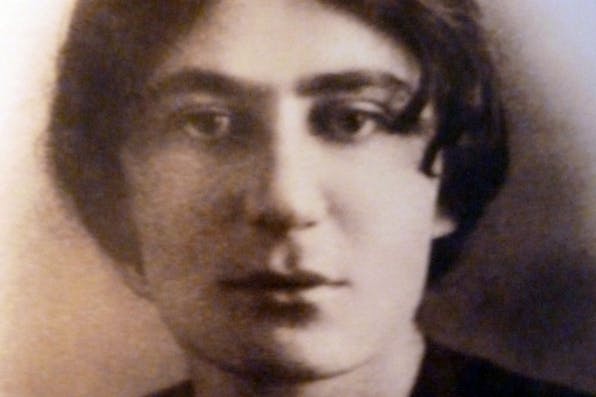
June 18, 2018
Rahel Is a Great Hebrew Poet, Period
In her demure immediacy, she links the modern Jewish nation to its roots both in the land and in the foundational text of the Bible.
In his essay on the poet Raḥel, Hillel Halkin offers a fascinating study of her too-brief life (1890-1931), her poetics, and the unique place she occupies in the Hebrew literary landscape. Certainly, against the background of the pioneering Zionist ethos of her time—nationalistic, idealistic, and collectivist—the intense individualism of Raḥel’s verse stands out. No less deeply committed to the Zionist enterprise than other poets cited by Halkin, notably Uri Tsvi Grinberg and Avraham Shlonsky, she devoted herself mainly to the exploration of such seemingly inward emotions as sadness, longing, humility, and self-doubt.
The study of poetry on its own terms is a noble literary ideal, but it is difficult to read the poetry of Raḥel without also ruminating upon the personal circumstances, especially the disease to which she would eventually succumb at the age of forty, that may account for the themes of suffering, loneliness, and longing that run through her work. It is perhaps for this reason that Halkin in the end deems her to be, with emphasis on both adjectives, a “great minor poet”: that is, one who deals with localized themes, seemingly without obvious public import, but who nevertheless addresses them with a clarity and virtuosity that ensures he or she will never be forgotten—as, in Israel, Raḥel has indeed never been.
Yet might this major/minor distinction, which Halkin applies with subtlety and generosity, ultimately be something of a false choice?


